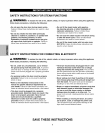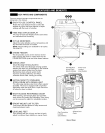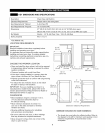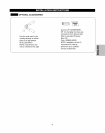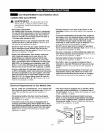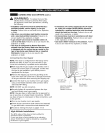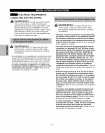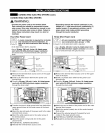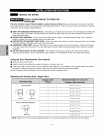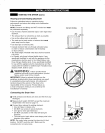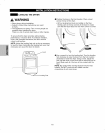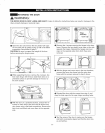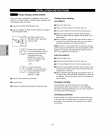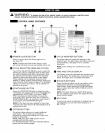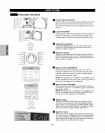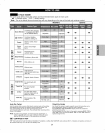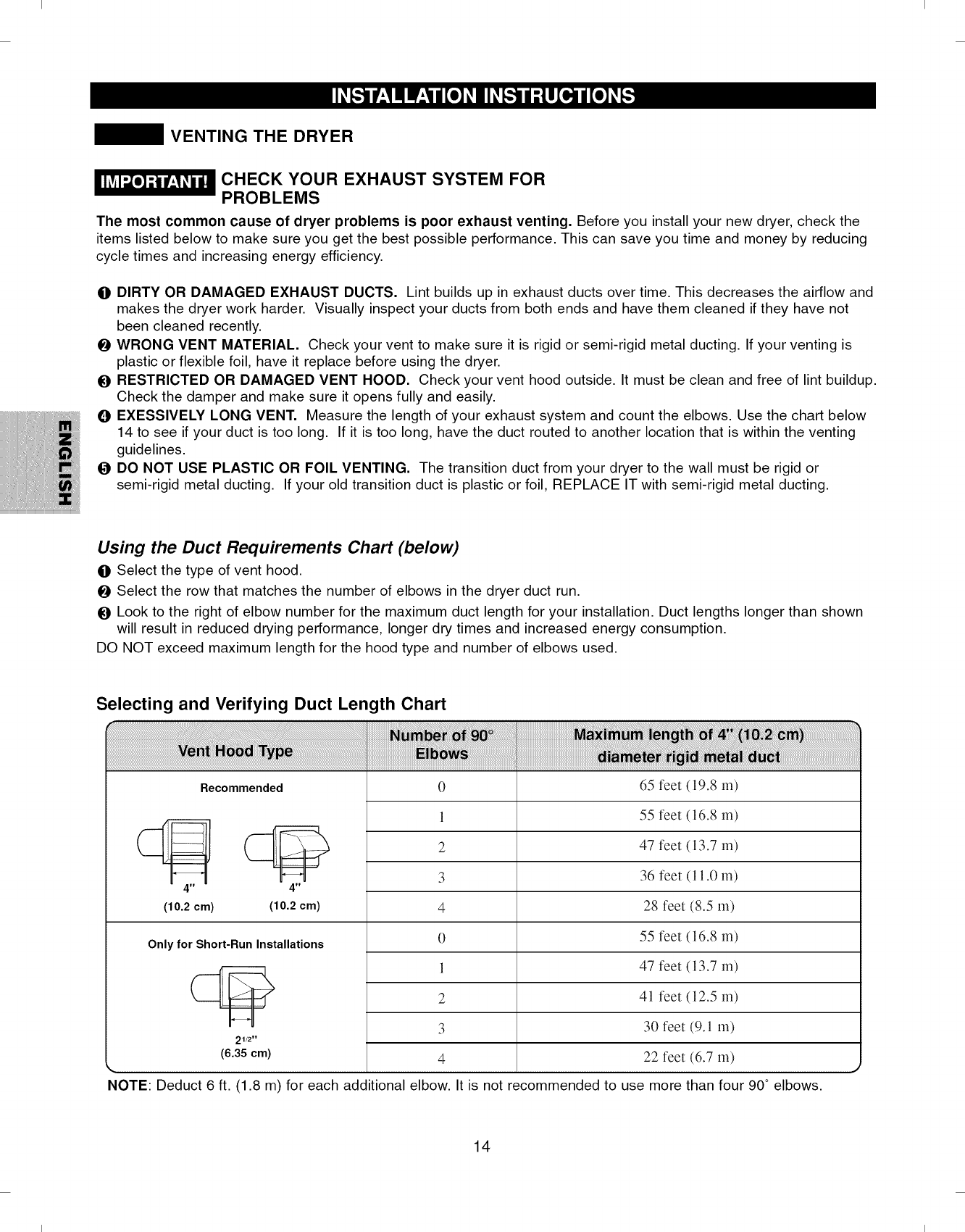
I I
VENTING THE DRYER
CHECK YOUR EXHAUST SYSTEM FOR
PROBLEMS
The most common cause of dryer problems is poor exhaust venting. Before you installyour new dryer, check the
items listed below to make sure you get the best possible performance. This can save you time and money by reducing
cycle times and increasing energy efficiency.
O DIRTY OR DAMAGED EXHAUST DUCTS. Lint builds up in exhaust ducts over time. This decreases the airflow and
makes the dryer work harder. Visually inspect your ducts from both ends and have them cleaned if they have not
been cleaned recently.
O WRONG VENT MATERIAL. Check your vent to make sure it is rigid or semi-rigid metal ducting. If your venting is
plastic or flexible foil, have it replace before using the dryer.
O RESTRICTED OR DAMAGED VENT HOOD. Check your vent hood outside. It must be clean and free of lint buildup.
Check the damper and make sure it opens fully and easily.
O EXESSlVELY LONG VENT. Measure the length of your exhaust system and count the elbows. Use the chart below
14 to see if your duct is too long. If it is too long, have the duct routed to another location that is within the venting
guidelines.
O DO NOT USE PLASTIC OR FOIL VENTING. The transition duct from your dryer to the wall must be rigid or
semi-rigid metal ducting. If your old transition duct is plastic or foil, REPLACE IT with semi-rigid metal ducting.
Using the Duct Requirements Chart (below)
0 Select the type of vent hood.
0 Select the row that matches the number of elbows in the dryer duct run.
0 Look to the right of elbow number for the maximum duct length for your installation. Duct lengths longer than shown
will result in reduced drying performance, longer dry times and increased energy consumption.
DO NOT exceed maximum length for the hood type and number of elbows used.
Selecting and Verifying Duct Length Chart
Recommended
4" 4"
(10.2 cm) (10.2 cm)
Only for Short-Run Installations
21/2 ''
(6.35 cm)
0
1
2
3
4
0
1
2
3
4
65 feet (19.8 m)
55 feet (16.8 m)
47 feet (13.7 m)
36 feet (l 1.O m)
28 feet (8.5 m)
55 feet (16.8 m)
47 feet (13.7 m)
41 feet (12.5 m)
30 feet (9.1 m)
22 feet (6.7 m)
NOTE: Deduct 6 ft. (1.8 m) for each additional elbow. It is not recommended to use more than four 90° elbows.
14
I I



